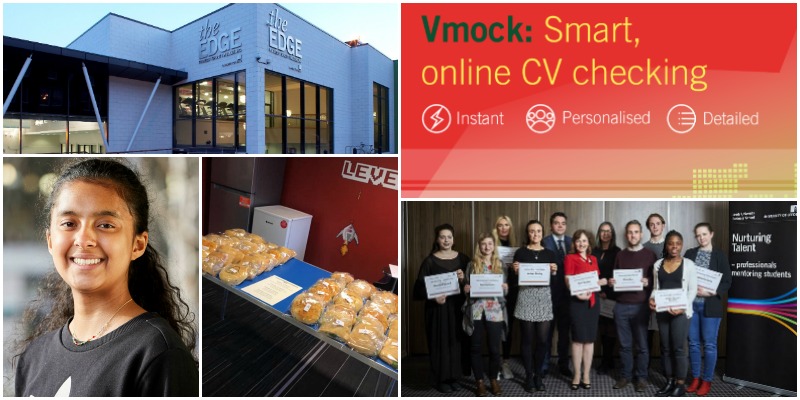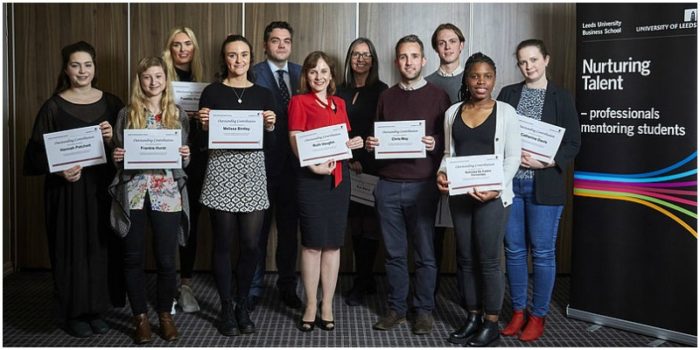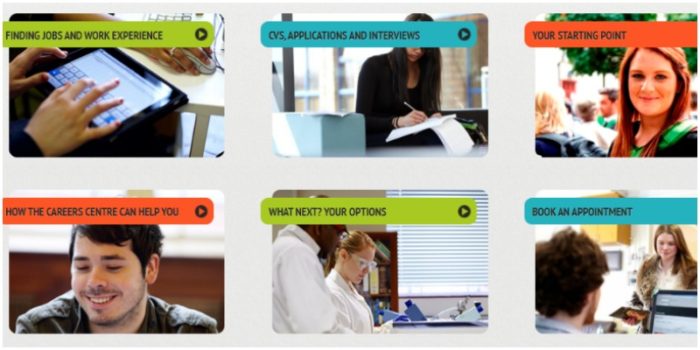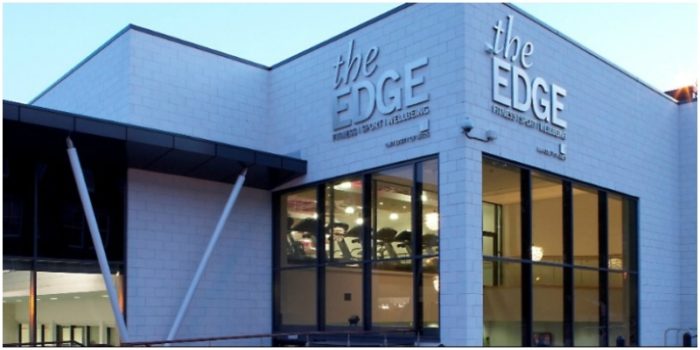5 Tips to Secure a Placement as an International Undergraduate

One of the greatest opportunities available to University of Leeds undergraduates is the possibility of taking a Year in Industry between the second and third year of your degree. During this time, you can work full-time at a company of your choice and gain real-life work experience and skills. If getting a placement is something you are interested in, let me give you five top tips that I learned from successfully completing this long, challenging and competitive process:
1. Get involved and take as many opportunities as possible
The job market is increasingly competitive and excelling at your degree is no longer enough to secure your dream placement position. To be successful, you need to show employers that you have used your time at university to develop skills that are transferable to the workplace. As a University of Leeds student, you will be given plenty of opportunities to develop these competences, but it is up to you to get involved and make the most out of them.
A great place to start is Leeds University Union (LUU) which has over 300 clubs and societies where you can take positions of responsibility. For example, this year, I joined the Leeds Entrepreneurs committee where I got to organise events, create promotional materials, and plan and execute social media campaigns. These activities improved my communication skills, content creation and research skills, among others; and they were incredibly useful when writing job applications or talking about my experience during job interviews.
Outside of the Union, there are still plenty of opportunities for you to take, for instance, you can become a Hall Exec at your university accommodation or a mentee at one of the many mentoring schemes offered by the university. Personally, I joined the Central Village Hall Exec during my second year living at the residence. This role was incredible to develop my organisation and planning skills as I was involved in setting up various social and wellbeing events for my fellow residents. For example, we hosted two pizza nights throughout the academic year and delivered thousands of free breakfast sandwiches during the January exam period!
Moreover, as a Leeds University Business School student, I was able to join the Nurturing Talent Mentoring Scheme where I was partnered with Lucia Fuertes, an international strategic consultant. Lucia gave me constant support and encouragement during my placement-seeking process and she very kindly organised a mock interview over the phone which massively improved my confidence and helped to ease my nerves before my first real-life interview.

2. Create a British CV
You would be impressed by how different CVs are all around the world. In my home country, Colombia, it is a standard practice to include a picture of yourself, but here in the UK, it is something you are advised not to do. Thankfully, the University provides plenty of support to make sure you avoid any mistakes and your CV follows British guidelines. For example, in my first year, I had a compulsory module called 'Academic and Professional Development for Studies in Marketing'. During this class, I learned all the basics about writing a British CV, created my own and got professional feedback on how to improve it. At the same time, during my second year, I undertook the optional module 'From Study to Work'. In here, various companies gave presentations about what they expected in a CV and how to make an impactful impression.
I highly recommend that you enrol in this module during your second year; however, if you are yet to enter University and want to get ahead of the game, my fellow ambassador Anastasia has a great blog post about British CVs that can get you started: Guide to a British CV. Moreover, if you are a first-year student, you can start engaging with Career Services available to current students.

3. Use the Careers Centre
The Careers Centre will be the most useful tool in your placement-seeking process. Once you start writing your CV, you can pop into a drop-in session and have it checked by a professional. Alternatively, the University recently partnered with the online platform Vmock, where you can upload your CV and receive a detailed feedback report within seconds. Similarly, you can send your CV via MyCareer, the University’s online careers platform, and receive the same professional feedback you will at a drop-in session but virtually and perhaps, more conveniently.
Besides CV support, the Careers Centre has an array of support services that you can find on their website. Two of the services that helped me the most where the assessment centre workshops and the availability of a career advisor. Firstly, the assessment centre workshops helped me to get familiar with the group exercises that happen at real-life assessment centres; particularly, with the fact that an assessor would be constantly and silently observing me throughout the whole activity. Secondly, my career consultant, Marc Steward, sat down with me several times to talk about my placement-seeking process, look over my CV and cover letters and give me valuable advice. Noticeably, he told me: “There are many people with a degree similar to yours, many of them also have extracurricular and work experience; but very few, if any, have moved across the world to pursue their goals".
4. Use your ‘international status’ to your advantage
Certainly, being an international student can help you to stand out when applying for a placement as most applicants tend to be British. The experience of moving to the UK, especially if you do it on your own, shows very desirable competences like flexibility, determination and language skills. For instance, I had to adapt to a completely different culture where people even walk on the opposite side of the street! At the same time, I took the decision to sacrifice the comfort that I had at home to pursue a career in business and the many opportunities that the University of Leeds has for me. Lastly, as international students, we speak at least one language other than English which is particularly useful and sought-for in multinational companies. This is because they operate across Europe and the world and having someone that can easily communicate with partners from other countries is extremely valuable for them.
5. Find an activity that keeps you motivated

All of my previous tips are very task-focused, but it is also important to find time for yourself and look after your health whilst searching for a placement. The process of securing a placement can be very stressful and frustrating at times, especially, when you put a lot of effort into an application and get rejected with a two-line email that includes no feedback at all. At the same time, attending interviews and assessment centres can involve exceptionally long journeys, for example, I had to travel down to Surrey- which is about four hours away from Leeds- twice in one week. Therefore, I recommend that you find an activity that relaxes you and distracts you from the pressure that you might feel. For instance, you could explore one of your hobbies at one of the 300 clubs and societies at Leeds University Union. Or perhaps, just like me, you could go to The Edge every morning and distract your mind while doing some cardio and lifting some weights- plus if you are committed, this is a great example of self-motivation during interviews 😉.
The process of getting a placement can be challenging but I hope that reading my 5 top tips can make it a little easier for you. If you want to know more about my experience or have any questions about job-seeking, feel free to drop me or any of my fellow ambassadors an email.
Good luck!
